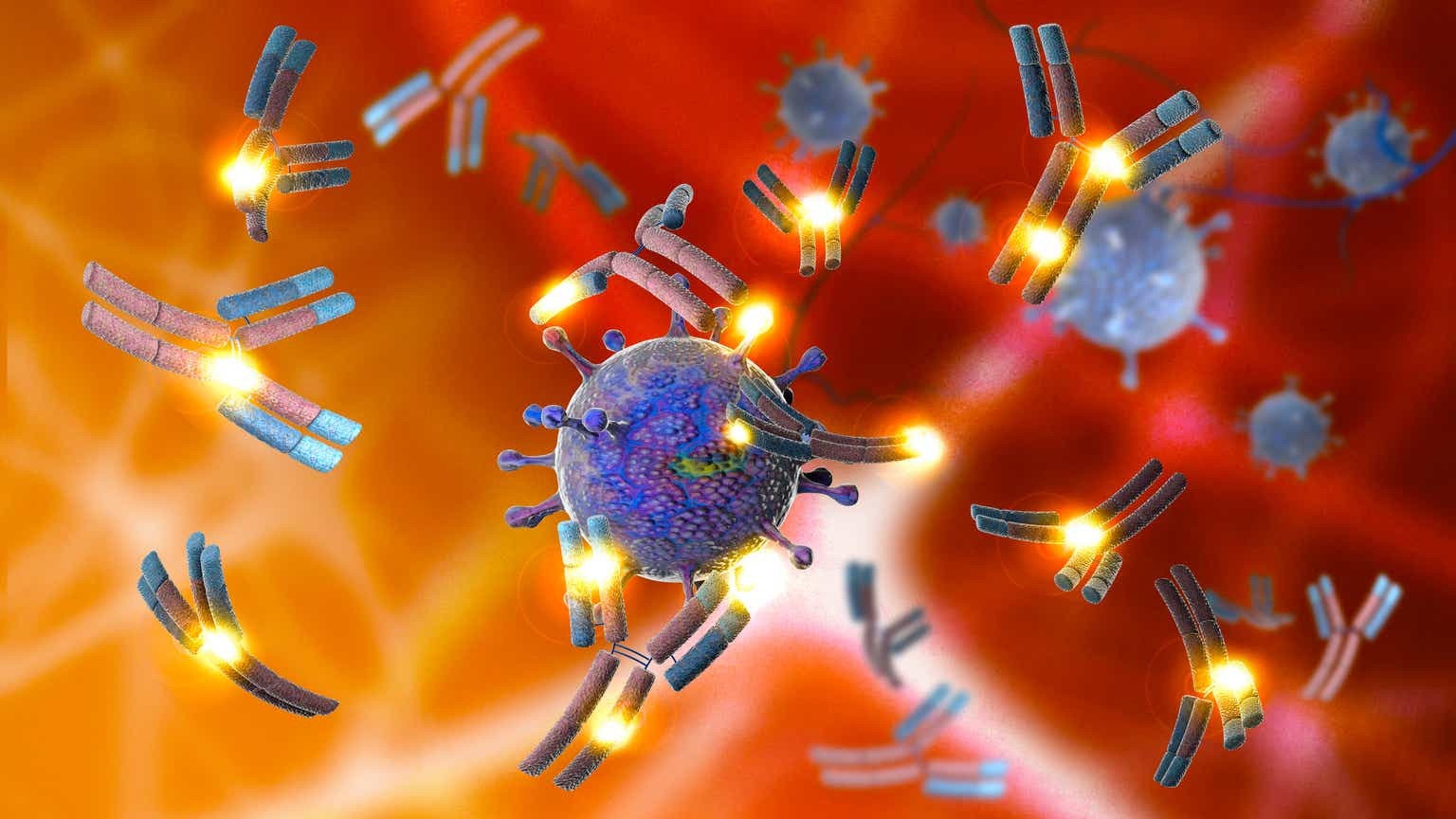As we step into 2024, advancements in medical science continue to revolutionize the way we approach health and wellness. One area that has seen significant progress is the treatment of allergies. With millions of people worldwide affected by various types of allergies, the demand for effective, innovative treatments has never been higher. This article explores the latest trends in allergy treatments for 2024, shedding light on new developments and what they mean for allergy sufferers.
Personalized Medicine: Tailoring Treatments to the Individual
One of the most promising trends in allergy treatments for 2024 is the rise of personalized medicine. This approach involves tailoring treatments to the individual’s specific genetic makeup, lifestyle, and environmental factors. By understanding the unique triggers and responses of each patient, doctors can develop more effective treatment plans.
Genomic Testing
Genomic testing is at the forefront of personalized allergy treatments. By analyzing a patient’s genetic code, healthcare providers can identify specific genetic markers associated with allergic reactions. This information allows for the development of targeted therapies that address the root cause of allergies rather than just managing symptoms.
Microbiome Analysis
Another exciting development in personalized medicine is microbiome analysis. The human microbiome, composed of trillions of microorganisms living in and on our bodies, plays a crucial role in immune function. By studying an individual’s microbiome, researchers can gain insights into how it influences allergic responses and develop probiotic treatments to balance the microbiome and reduce allergy symptoms.
Immunotherapy: Training the Immune System
Immunotherapy has long been a cornerstone of allergy treatments, and 2024 is no exception. However, recent advancements are making this approach more effective and accessible.
Sublingual Immunotherapy (SLIT)
Sublingual immunotherapy (SLIT) involves placing small doses of allergens under the tongue to gradually desensitize the immune system. Unlike traditional allergy shots, SLIT can be administered at home, making it a convenient option for many patients. Recent studies have shown that SLIT is effective in treating a wide range of allergies, including those to pollen, dust mites, and certain foods.
Epicutaneous Immunotherapy (EPIT)
Epicutaneous immunotherapy (EPIT) is another innovative approach gaining traction in 2024. This method involves applying a patch containing allergens to the skin. The allergens are then absorbed through the skin, gradually desensitizing the immune system. EPIT has shown promise in treating peanut allergies, with several clinical trials reporting significant reductions in allergic reactions.

Biologics: Targeted Therapies for Severe Allergies
Biologic drugs, which are derived from living organisms, are becoming an increasingly important tool in the arsenal of allergy treatments for 2024. These targeted therapies work by interfering with specific molecules involved in the allergic response.
Monoclonal Antibodies
Monoclonal antibodies are a type of biologic drug that can neutralize specific immune system proteins responsible for allergic reactions. One such drug, omalizumab, has been used to treat severe asthma and chronic urticaria (hives) for several years. In 2024, newer monoclonal antibodies are being developed to target a broader range of allergies, including food allergies and atopic dermatitis.
Cytokine Inhibitors
Cytokines are signaling proteins that play a key role in the immune response. Cytokine inhibitors are biologic drugs that block these proteins, reducing inflammation and allergic reactions. Recent research has identified several cytokines involved in allergies, leading to the development of new inhibitors that offer hope for patients with severe allergic conditions.
Digital Health: Leveraging Technology for Better Management
The integration of digital health technologies into allergy treatments is another trend to watch in 2024. These tools can help patients manage their allergies more effectively and provide valuable data to healthcare providers.
Mobile Apps and Wearables
Mobile apps and wearable devices are increasingly being used to monitor allergy symptoms and environmental triggers. These tools can track pollen counts, air quality, and other factors that influence allergies, allowing patients to take proactive measures to avoid triggers. Some apps also offer features like medication reminders and symptom diaries, helping patients stay on top of their treatment plans.
Telemedicine
Telemedicine has become a vital component of healthcare, and its role in allergy treatments is expanding in 2024. Virtual consultations with allergists allow patients to receive expert advice and follow-up care from the comfort of their homes. This is particularly beneficial for those living in remote areas or with mobility issues.
Environmental Control: Reducing Exposure to Allergens
While medical treatments are crucial, controlling the environment to reduce exposure to allergens is equally important. In 2024, several innovative solutions are helping allergy sufferers create healthier living spaces.
Air Purifiers with HEPA Filters
High-efficiency particulate air (HEPA) filters are highly effective at capturing airborne allergens like pollen, dust mites, and pet dander. Newer models of air purifiers equipped with HEPA filters are more efficient and quieter, making them a popular choice for allergy sufferers.
Smart Home Technology
Smart home technology is also playing a role in allergy management. Devices like smart thermostats and air quality monitors can help maintain optimal indoor conditions by regulating temperature, humidity, and ventilation. Some systems can even alert users to changes in air quality, allowing them to take immediate action.
Conclusion
The landscape of allergy treatments in 2024 is marked by innovation and personalization. From genomic testing and microbiome analysis to advanced immunotherapies and biologic drugs, the latest trends are offering new hope for allergy sufferers. The integration of digital health technologies and environmental control measures further enhances the ability to manage allergies effectively.
As these advancements continue to evolve, the future looks promising for those affected by allergies. With more precise and targeted treatments, patients can look forward to improved quality of life and better overall health. By staying informed about the latest trends in allergy treatments for 2024, individuals can take proactive steps towards managing their allergies and enjoying a healthier, happier life.




